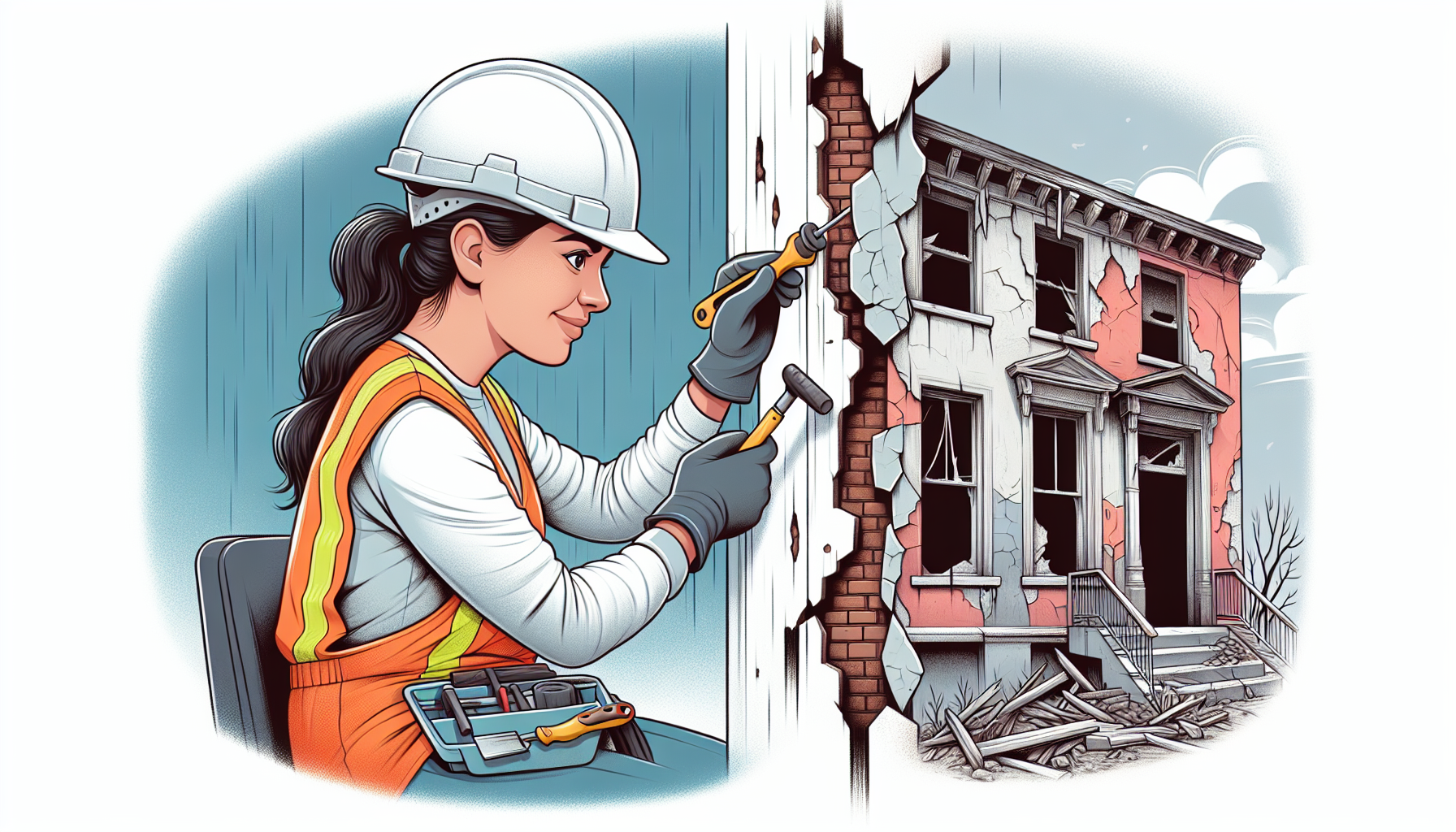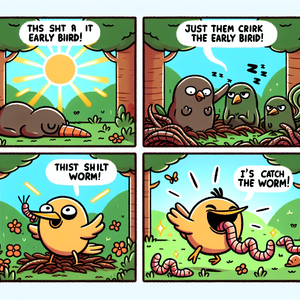Coin Flip Philosophy: Embracing Uncertainty

At its core, decision-making is a reflection of our desires, beliefs, and fears about the future. Every choice carries the weight of potential outcomes, and with them, the anxiety of failure or regret. According to philosopher William James, the act of choosing is a fundamental aspect of human existence. However, in a world filled with complexity, the freedom to choose can often lead to decision fatigue, where an abundance of options becomes a burden rather than a blessing. Embracing uncertainty is about acknowledging that not every decision has a clear right or wrong answer. The philosopher Søren Kierkegaard posited that anxiety arises from the freedom to choose, suggesting that our very ability to make decisions can lead to existential dread. Coin flipping, in this light, becomes an intriguing tool. It allows individuals to relinquish control, if only for a moment, and accept the randomness of life.
The Coin Flip as a Symbol of Acceptance
Flipping a coin is a straightforward act: heads or tails, yes or no. This simplicity is appealing in its ability to cut through the noise of analysis paralysis. By relying on chance, individuals can experience a sense of relief from the burdens of choice. When a decision feels daunting, the act of flipping a coin can serve as a reminder that not all outcomes are within our control. Consider the iconic scene in the film "No Country for Old Men," where the character Anton Chigurh uses a coin flip to determine the fate of his victims. The coin toss symbolizes the randomness of life and death, underscoring the notion that sometimes, we are merely players in a game governed by chance. This portrayal highlights the philosophical tension between fate and free will, pushing viewers to confront their own beliefs about agency.
The Psychological Aspect of Coin Flipping
Beyond its philosophical implications, coin flipping taps into psychological phenomena that can illuminate our decision-making processes. Behavioral economists like Daniel Kahneman have explored concepts such as cognitive biases and heuristics, which are mental shortcuts that often lead to irrational decisions. In moments of doubt, people may resort to flipping a coin as a means of bypassing these biases, embracing the randomness as a way to gain clarity. Moreover, research shows that the act of making a decision—whether through a coin flip or a deliberate process—can lead to increased satisfaction and commitment to the chosen path. This phenomenon, known as the "sunk cost fallacy," suggests that once a decision is made, individuals are more likely to invest in it, regardless of the outcome. By flipping a coin, individuals may find themselves more inclined to pursue the path chosen, driven by the inherent commitment that comes with making a decision, however arbitrary it may seem.
Embracing the Journey: Growth Through Uncertainty
Ultimately, embracing uncertainty is an invitation to engage with life's unpredictability. The philosopher Alan Watts once said, "The only way to make sense out of change is to plunge into it, move with it, and join the dance." By accepting that not all decisions will lead to desired outcomes, we open ourselves up to new experiences and opportunities for growth. Coin flipping can act as a metaphor for this journey, reminding us that sometimes, the path forward is less about precision and more about the willingness to take a leap of faith. Consider the experience of individuals who have taken significant risks in their lives—whether in careers, relationships, or personal pursuits. Often, the most rewarding experiences come not from calculated decisions but from embracing the unknown. The coin flip embodies this spirit of adventure, prompting us to take risks and explore paths we might otherwise avoid.
In a culture that often prioritizes certainty and control, the act of flipping a coin serves as a powerful reminder of the beauty of embracing uncertainty. By acknowledging the philosophical and psychological dimensions of decision-making through randomness, we can cultivate a more profound acceptance of life's unpredictability. The next time you find yourself at a crossroads, consider the simple coin flip—not just as a tool for making choices, but as a symbol of the freedom that comes from relinquishing control and embracing the unknown. In doing so, you may find that the journey itself becomes as valuable as the destination. Embracing uncertainty can lead to personal growth, resilience, and a deeper appreciation for the complexities of life.
Decision Scientist
Tech companies like Google and Amazon, financial institutions, and consulting firms
Core Responsibilities
Analyze complex data sets to identify patterns and trends that influence decision-making processes.
Develop and implement models that simulate decision outcomes under various uncertainties.
Collaborate with cross-functional teams to integrate data-driven insights into strategic planning.
Required Skills
Strong proficiency in statistical analysis and data visualization tools (e.g., R, Python, Tableau).
Experience with decision theory and behavioral economics, particularly in understanding biases in decision-making.
Ability to communicate complex ideas clearly to non-technical stakeholders.
Behavioral Economist
Research institutions, government agencies, and marketing firms
Core Responsibilities
Research and analyze how psychological factors affect economic decision-making.
Design experiments to test hypotheses related to consumer behavior and market trends.
Provide actionable insights to businesses to improve customer engagement and satisfaction.
Required Skills
Strong background in economics and psychology, with a focus on behavioral theories.
Proficiency in statistical software and experience with experimental design.
Excellent communication skills for presenting complex findings to diverse audiences.
User Experience (UX) Researcher
Technology companies, design agencies, and e-commerce platforms
Core Responsibilities
Conduct qualitative and quantitative research to understand user behavior and preferences.
Analyze usability testing results to provide actionable insights for product design and development.
Collaborate with product teams to create user-centered design solutions based on research findings.
Required Skills
Experience with research methodologies, including user interviews, surveys, and A/B testing.
Familiarity with design tools (e.g., Sketch, Figma) and data analysis software.
Strong empathy and communication skills to advocate for user needs within the organization.
Risk Analyst
Financial institutions, insurance companies, and large corporations with dedicated risk management departments
Core Responsibilities
Assess and quantify risks that could impact business operations and strategic objectives.
Develop risk management frameworks and policies to mitigate potential threats.
Conduct scenario analysis and stress testing to evaluate the impact of different risk factors.
Required Skills
Strong analytical skills and proficiency in risk assessment tools (e.g., Monte Carlo simulations).
Knowledge of regulatory requirements and risk management best practices.
Effective communication skills to report findings to senior management and stakeholders.
Organizational Development Consultant
Consulting firms, large corporations, and non-profit organizations focused on workforce development
Core Responsibilities
Analyze organizational structures and processes to identify areas for improvement and growth.
Facilitate workshops and training sessions to promote a culture of adaptability and innovation.
Develop and implement change management strategies to guide organizations through transitions.
Required Skills
Expertise in organizational behavior and change management principles.
Strong interpersonal skills and experience in coaching leaders at various levels.
Ability to design and execute assessments to evaluate organizational effectiveness.


